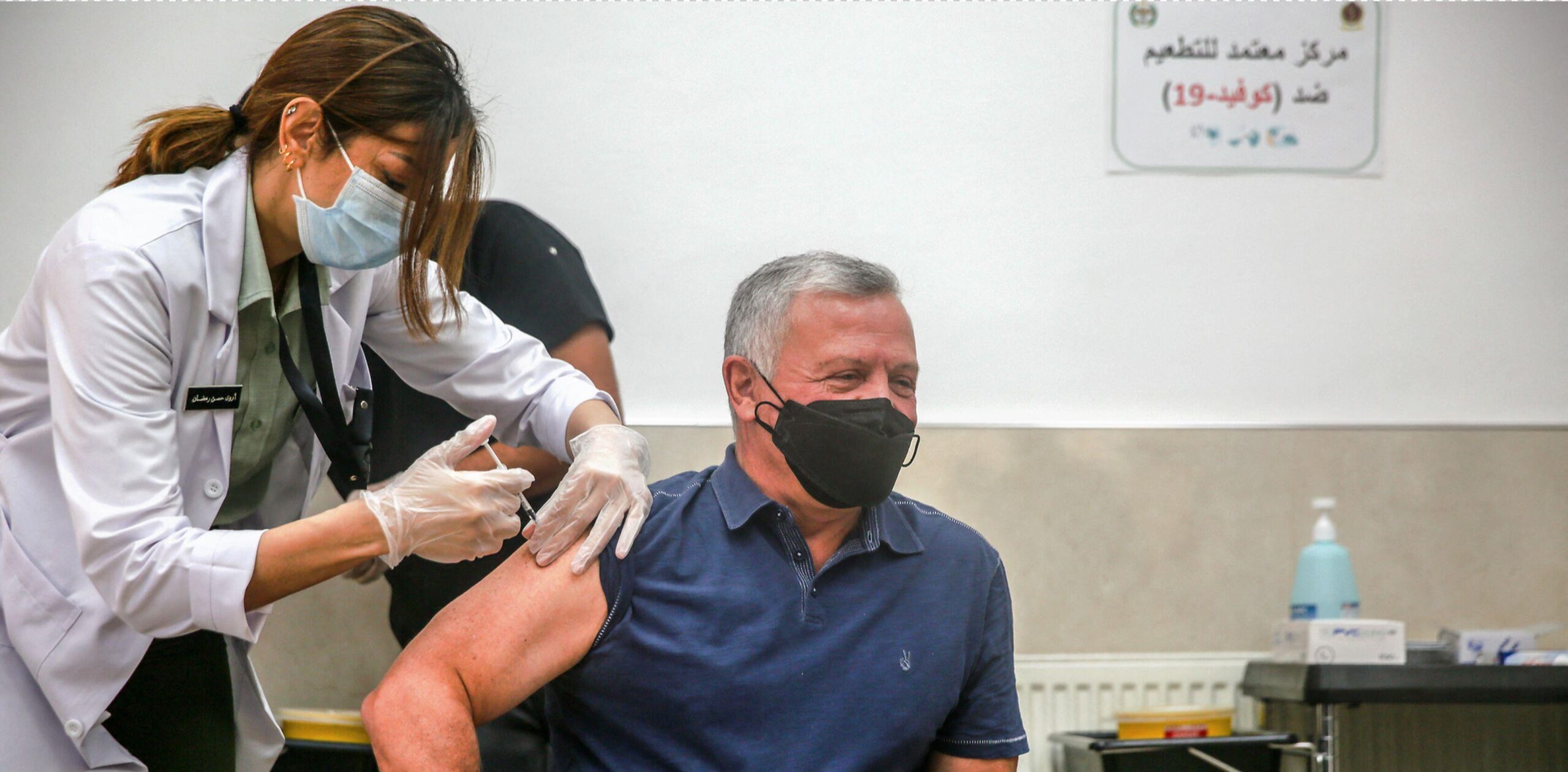COVID-19 has exacerbated the challenges of female labour participation in Jordan. Female social involvement has significantly decreased by virtue of caring for their children and other familial responsibilities – especially since kindergartens were one of the first common areas to be closed during quarantine.
Recent research has concluded that there is a noticeable low rate of participation of Jordanian women in the national economy. Although women are more educated than men, as 53% of university graduates in 2015 were women, their participation rate in the workforce and thus in the economy remained depressing, with 13.3% of women compared to 60% of men.
The loss to the Jordanian economy because of gender discrepancy has been significant, escalating unemployment rates, poverty, and the budget deficit. Similarly, the general decline in local mass production and exportation has also resulted in economic national downturn and recession as the country sees slowdown in economic development, decline in foreign investment, foreign exchanges and tourism. This has resulted in greater psychological and physical burdens on women since they serve both family and nation. Domestic violence, for instance, has increased by 33 percent during the pandemic. Involuntary isolation and quarantine in confined spaces has proven fatal amongst male and females living in the same household and even worse within communal spaces occupied by refugees.
In Jordan, tribal and societal traditions can affect females and their lifestyles. For example, most men refuse to let their female spouses work during a nightshift. Most female workers have had to resign from their jobs due to the recession and dedicate more time to their children and family. This adds higher risks to female workforces particularly since 60 percent of nurses in hospitals are females. Moreover, there is a 9.1 percent wage gap between working women and men. The failure of The Ministry of Education to deal with the pandemic and its continuing policy of distance learning has made life harder for women as well. The Jordanian government have failed to adapt or pass legislation that address the increase of female unemployment, the decrease of female involvement in society, and the increase of psychological traumas caused to females becaused by the pandemic and the patriarchal system. Social security, health insurance, the reopening of kindergartens, making nurseries available at workplaces, and flexible hours are but a few suggestions that have been put forward by various civil society organisations.
Male culture still dominates Jordan, and there is an imbalance in power-relations between men and women that has been evident during the pandemic. A recent study, has concluded that women face systemic and institutional discrimination compared to men. Evidently, female reporters and journalists were excluded from being granted permits to cover events during quarantine, while male reporters and journalists dominated the scenes. Furthermore, traditional roles of women remain unchanged. The study concludes that the majority of the sample surveyed proved that the most important role for women in the Jordanian collective conscious is the maternal and marital role, and that the best jobs that women can offer are primarily care work.
In both the institution of marriage and places of work, the distribution of labour remains uneven. A significant decrease in the percentage of female representation in the 19th Jordanian parliament does not help in voicing Jordanian women or establishing spaces for them to voice their concerns. According to the Inter-Parliamentary Union, recent results show that the percentage of female representation in the 19th parliament decreased to 11.5 percent, while the percentage of women’s representation in the 18th parliament was a record 15.4 percent.
Against this background, Jordanian civil society has played a major role in achieving gender equality and social justice. For example, SIGI, an NGO based in Amman, has recently addressed the psychological effects of COVID on women in Jordan finding that there has been an increase of 45 percent in suicidal rates since the start of the pandemic, with 169 suicides in 2020 alone. Most importantly, SIGI emphasised interrelationship between domestic violence and suicide, and further concluded that since the start of the pandemic, there has been a 16 percent increase of cases of rape.
Another example is Sadaqa, an NGO founded by Jordanian working mothers. Sadaqa advocates for the application of Article 72 of the Jordanian Labor Law. The Law stipulates the obligation to establish a place to care for children in institutions that employ 20 women and over who have 10 children under the age of four. Implementing this law can support working families and encourage women to enter the labour market, stay in it and advance to increase their access to decision-making positions by working to remove the basic obstacles that prevent this.
Women in Jordan have always suffered from marginalisation, lived within borders of societal boundaries and have struggled socially, emotionally, and psychologically, and COVID-19 has intensified these issues. Increased social awareness of domestic violence and the economic impacts of discriminatory employment conditions against women is urgently needed in Jordan. Moving forward, governmental support and civil society organisations’ role are crucial in combating these issues by working to increase female workplace participation, provide workplace childcare, and paid maternity leave to allow women to return to the workplace as well as increase female governmental participation in parliament and the national decision-making process.
The views expressed in the Near East Policy Forum are those of the authors and do not represent the views of the Near East Policy Forum or any of its partner organisations.




